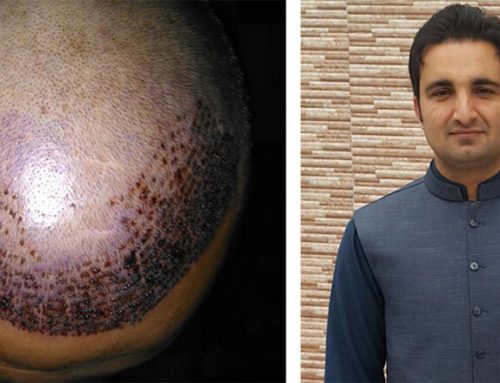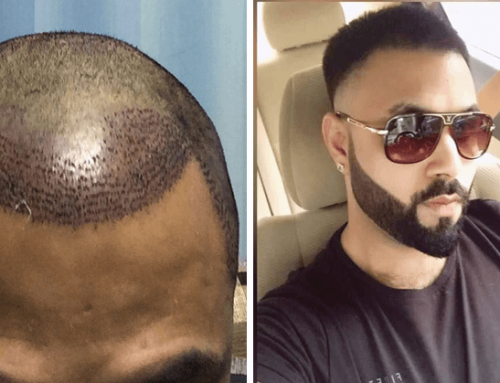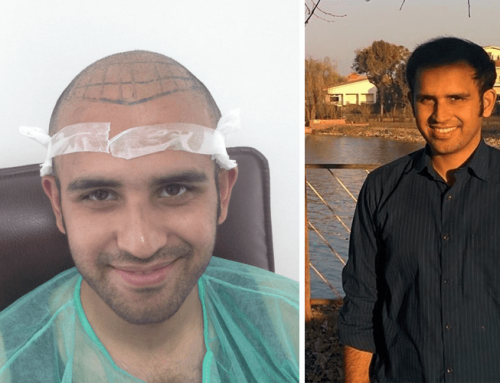Hair is historically associated with manhood, strength and physical attractiveness of the person, the absence or fall of hair, generates a rejection of the sufferer and in turn a rejection of other people to whoever suffers. Hair loss was initially associated with the loss of man’s virility, strength and leadership, nowadays it is more limited to physical attractiveness, and it has even been said that alopecia is a symbol of masculinity by its main Causing an increase in male hormones in the case of androgenetic alopecia. dont ware visit hair transplant Islamabad
From mythological times we can observe this association of hair-virility-strength, as is the case of the story of ‘Samson’, that corpulent man with a natural strength, who possessed a long hair, and has under his legacy a hundred Feats each one more amazing than the other. It was said that this incredible strength came from his hair. Until one day in intimacy with Dalida, ‘Sanson’ confesses to him the origin of its power, and when falling asleep, the woman causes that they cut the hair to him stripping of its strength and giving it to the Philistines. do you know The Ideal Time or Optimal Age for a Hair Transplant?
Hair has had importance and concern throughout history, that importance of hair has had no cultural boundaries, in the specific case of Japan Samurai and its famous ‘Chonmage’ that peculiar cut, which was a sign of social status , Suffering the cut of the tail was taken as shame and was a way to dishonor the samurai warrior defeated in battle.
Similarly, the concern and obsession with hair fall haunts possibly from the beginning of time, it can be known that ancient Egyptians had various remedies to fight against hair loss. An example of this is described in Victoria Sherrow’s Encyclopedia of Hair: a Cultural History, when The Mother of the Chata King of Egypt recommended a remedy containing dog claws, dates, and donkey hooves milled and cooked in oil and rubbed On the scalp this preparation.
The Ebers Papyrus, one of the oldest known medical treatises, was written in ancient Egypt in 1950, contains among its lines a pair of remedies to combat hair loss, both to spread over the area to be treated.
In ancient Greece.
In Greece before Christ, of the great thinkers and philosophers, remedies were already sought and possible causes of alopecia were studied. The father of medicine, Hippocrates, devised a pair of remedies, one of them being a mixture of the essence of roses, opium, wine and olive oil and another with cumin, feces of pigeon, horseradish and nettles.
The great philosopher and scientist Aristotle, believed that smearing goat’s urine on his head would stop his alopecia. He also concluded that eunuchs (castrated persons) and most women did not suffer from alopecia. Deduction that comes close to one of the main causes of hair loss, as is Androgenic alopecia, in which male hormones, specifically androgens affect the hair follicle.
Falling hair on the throne.
It is known that in ancient Rome, the greatest Emperor Julius Caesar, underwent a hidden war against the fall of the hair that afflicted him , even asking the senate to carry the laurel wreath permanently, which was used only in the celebration of the Olympic games, managing to carry it at all times and in this way to hide its pronounced baldness. Another attempt by Julius Caesar to combat his hair loss was a remedy recommended by his friend and Queen Cleopatra, which contained bear butter, deer marrow, horse’s teeth and roasted domestic mice.
Other Roman emperors such as Tiberius and Domitian hid their alopecia with elaborate hairstyles and wigs. Situation that shows that the alopecia has tormented the man and as in the past,






